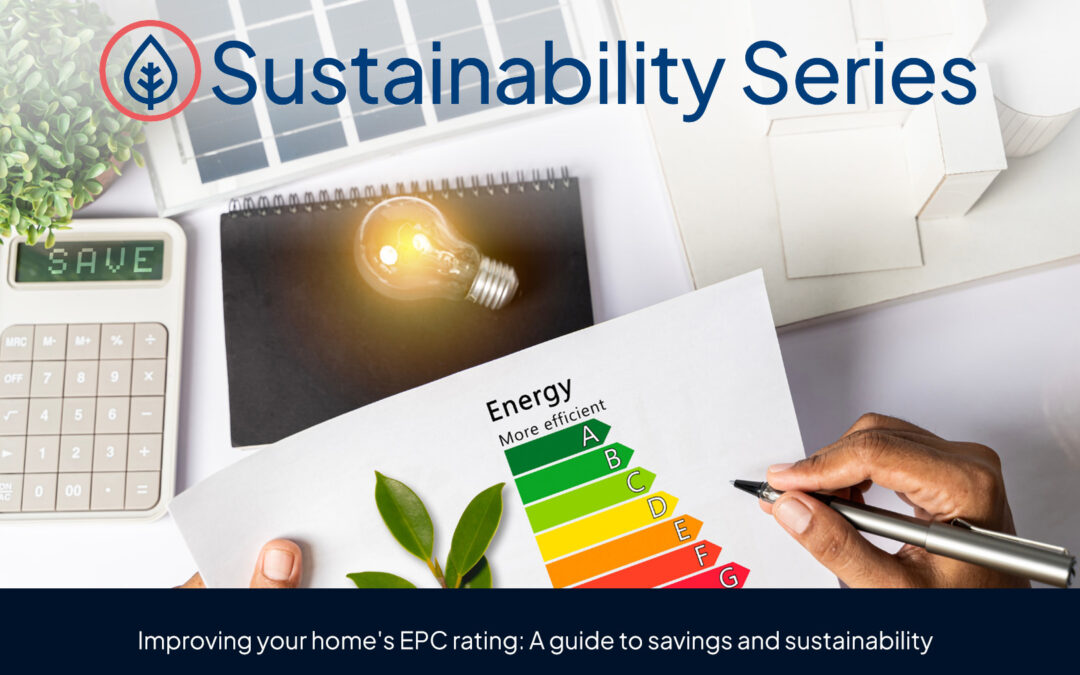Identify the issue and deal with it
A sale could fall through for a number of reasons, whether that’s finances, a change in circumstances or gazundering. But you need to find out why, says David Leake, of Housesetc, based in Goole, East Yorkshire. “Nine times out of ten, it’s a survey,” he says. And if it’s a recurring theme, for example damp, get reports done. That way, you can approach future buyers with all the information. And, he adds, it’s worth it for the sake of a few hundred pounds. “Don’t paper over the cracks. It will be discovered.”
Meanwhile, David Corrie at Galbraith estate agents in Castle Douglas, Scotland, says if there’s damp or a damaged roof, for example, “advice should be sought from the agent as to whether the price will be stabilised or increased by attending to the works, or if the cost is likely to be greater than any benefit, in which case an adjustment of the price is more appropriate…”
Avoid a knee-jerk reaction
David Leake advises sellers not to drop the price or get another valuation in the event of buyers pulling out. After all, you found a buyer at that price before and so there’s no reason it shouldn’t happen again.David Corrie says you should only take the property off the market “if it is appropriate to allow time to resolve an issue”. He adds: “In a genuine property-related issue, an alternative valuation is unlikely to resolve the problem. The issue is with the property/its documents or physical attributes, not the price. The price should only be dropped if there is no option to correct this issue which then allows financial room for the purchaser to attend to this.”
Get the right agent
In the event of sales falling through, you want an agent who knows what to do. David Corrie explains: “It is vitally important to have a local, knowledgeable and capable estate agent who can react effectively to any issues that might arise.”
Agents should engage with their clients at an early stage, he adds, “and clients should see instructing their agent as a partnership and a team effort”.
Read more
– Buying or selling a house with subsidence
– Buying or selling a property with asbestos
– Buying or selling a property affected by Japanese knotweed
Sean Jones at Jones Estate Agents, based in Stockton-on-Tees, says it’s vital that “all buyers are pre-qualified financially BEFORE marking the property as sold.” This is often carried out by the agent, and Sean adds that a “good agent” will not agree a sale until a range of pre-checks have been done. “Many agents feel it is in their interest to agree a sale as quickly as possible, but if the checks are not done correctly, sellers may lose potential buyers if they believe a property to be sold.”
Pre-empt problems
Sean adds that sellers should make sure their property “is in the very best condition” to try and avoid some of the issues that could derail a sale. For example, getting an up-to-date gas safety and electrical safety report.
Lack of documentation, adds David Corrie, can be one such issue, and so it’s worth getting your paperwork sorted before going to market. For example, those relating to title plans, planning or building control. He explains: “This may take time and money but it is much better to be in control of the timescale and cost prior to marketing the property for sale, in the knowledge that the paperwork is in order.”






